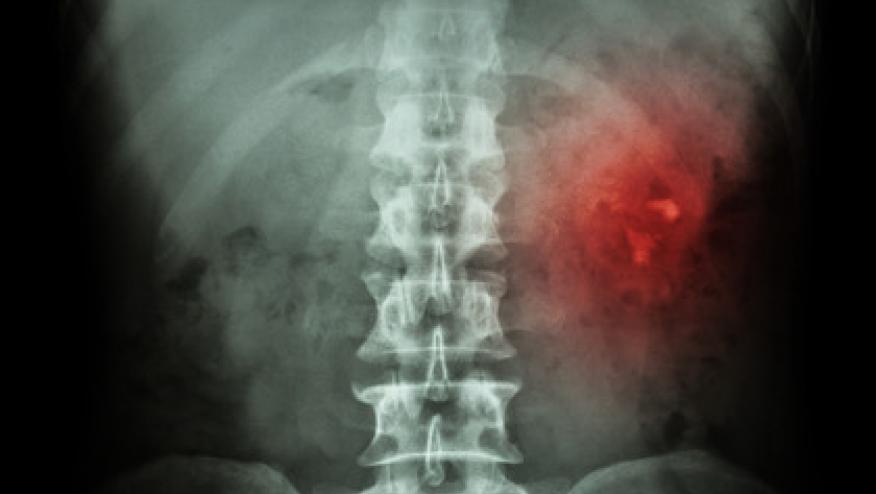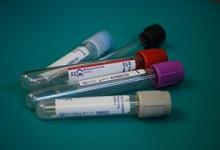Osteoporosis Drugs of Uncertain Efficacy with CKD Save

More research is needed to determine the benefits and harms of osteoporosis medications on bone mineral density (BMD), fracture risk, and safety among patients with chronic kidney disease (CKD). This is important because complications of CKD include weak bones and increased fracture risk. The results of a systematic review and meta-analysis are published in Annals of Internal Medicine.
Researchers at Johns Hopkins University Bloomberg School of Public Health in Baltimore, MD, reviewed published research to ascertain the benefits and harms of osteoporosis medications (bisphosphonates, teriparatide, raloxifene, and denosumab) compared with placebo, usual care, or active control in terms of bone mineral density (BMD), fractures, and safety in patients with CKD. Evidence showed that bisphosphonates may slow loss of BMD among transplant recipients, but their effects on fractures and safety in transplant recipients and others with CKD were not clear. Raloxifene may prevent vertebral fractures but may not improve BMD. Effects of teriparatide and denosumab on BMD and fractures were unclear and these medications may increase risk for some safety outcomes.
The authors concluded that more research is needed to determine the best options for patients across the spectrum of CKD to improve BMD and prevent fractures with minimal risk for diverse outcomes.










If you are a health practitioner, you may Login/Register to comment.
Due to the nature of these comment forums, only health practitioners are allowed to comment at this time.